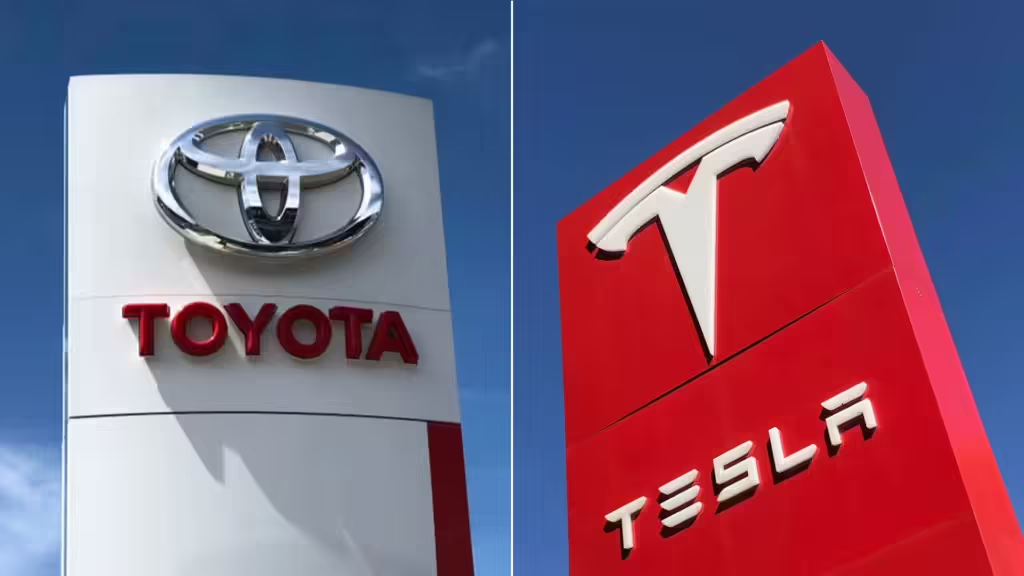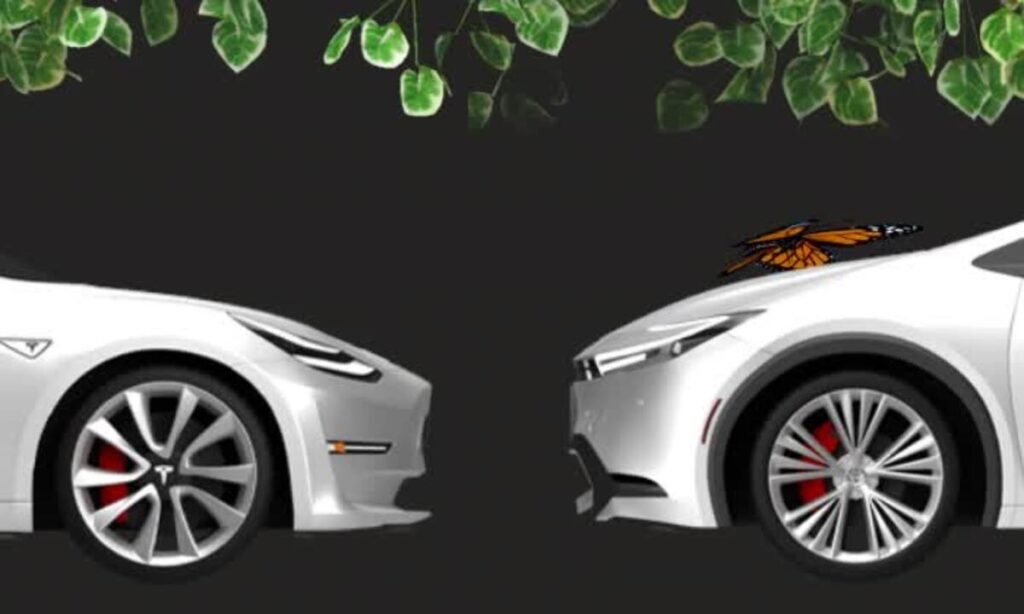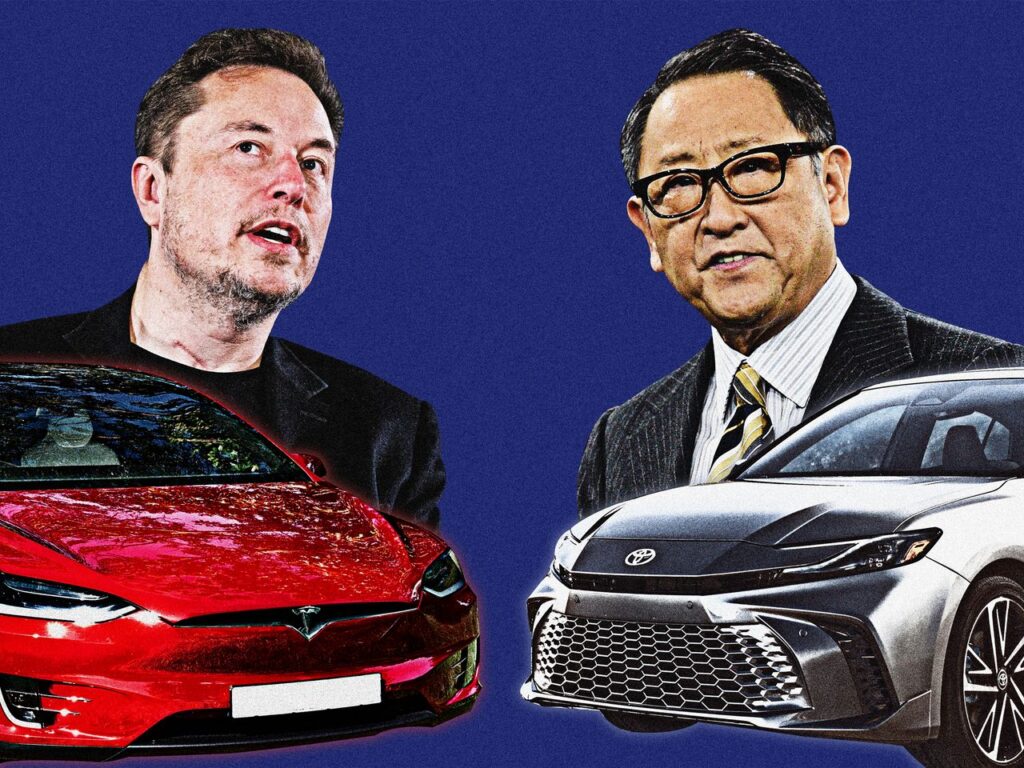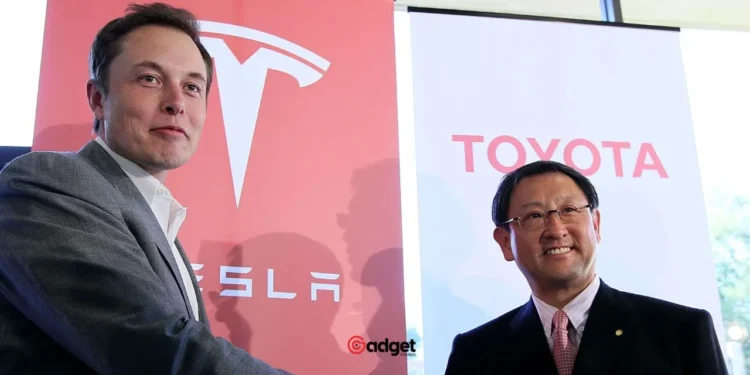The electric vehicle (EV) market, long dominated by Tesla, is facing new challenges as major automotive companies like Toyota, Mazda, and Subaru reaffirm their commitment to internal combustion engines. This strategic pivot could reshape the future landscape of the automotive industry, signaling a renewed interest in hybrid technologies alongside pure electric models.

Competing Visions: Internal Combustion Engines vs. Electric Vehicles
In a surprising development, chiefs from Toyota, Mazda, and Subaru announced continued investment in internal combustion engines, bucking the trend toward full electrification. Koji Sato, Toyota’s CEO, emphasized the enduring potential of traditional engines, stating, “In an era when the development of battery electric vehicle technology is accelerating, there is a new role we can pursue for the internal combustion engine as well.” This approach aims to leverage these engines in conjunction with hybrid vehicles, hinting at a strategic hybridization rather than a full shift to electric.

The decision comes at a time when the EV market is experiencing a slowdown in demand, coupled with intensified competition from emerging Chinese manufacturers. Toyota’s chief technology officer, Hiroki Nakajima, supports this dual focus, asserting the importance of both batteries for EVs and internal combustion engines for the future of mobility.
Market Dynamics: Tesla’s Challenges and Competitor Moves
Tesla, under the leadership of Elon Musk, has encountered several hurdles. The company’s dominance in the EV sector is being contested by Chinese firms, with BYD overtaking Tesla as the leading EV manufacturer in late 2023. Musk himself has acknowledged the competitiveness of Chinese carmakers, predicting significant global successes absent any trade barriers.

James Hong, an automotive analyst, echoes this sentiment, noting Toyota’s strategy to diversify technology investments. He explains, “Toyota is basically developing small-sized engines for hybrids that can be mounted without modifying the design of their next-generation vehicles.”
Implications for Tesla and the EV Market
This strategic divergence by major automakers may influence Tesla’s market positioning and spur further innovations in its product offerings. The increasing investment in internal combustion engines and hybrids by competitors could potentially fragment the EV market, affecting Tesla’s sales and its pioneering status.
Conclusion: A New Chapter in Automotive Evolution
As the automotive industry stands at a crossroads, the commitment of traditional automakers to internal combustion engines alongside advancements in EV technology portrays a landscape of coexistence and competition. This dynamic may lead to more diversified vehicle options for consumers, ultimately shaping the future trajectory of global mobility.
The unfolding scenario represents not just a challenge for Tesla but an opportunity for the entire industry to reassess and possibly realign its technological focus and strategic imperatives.










